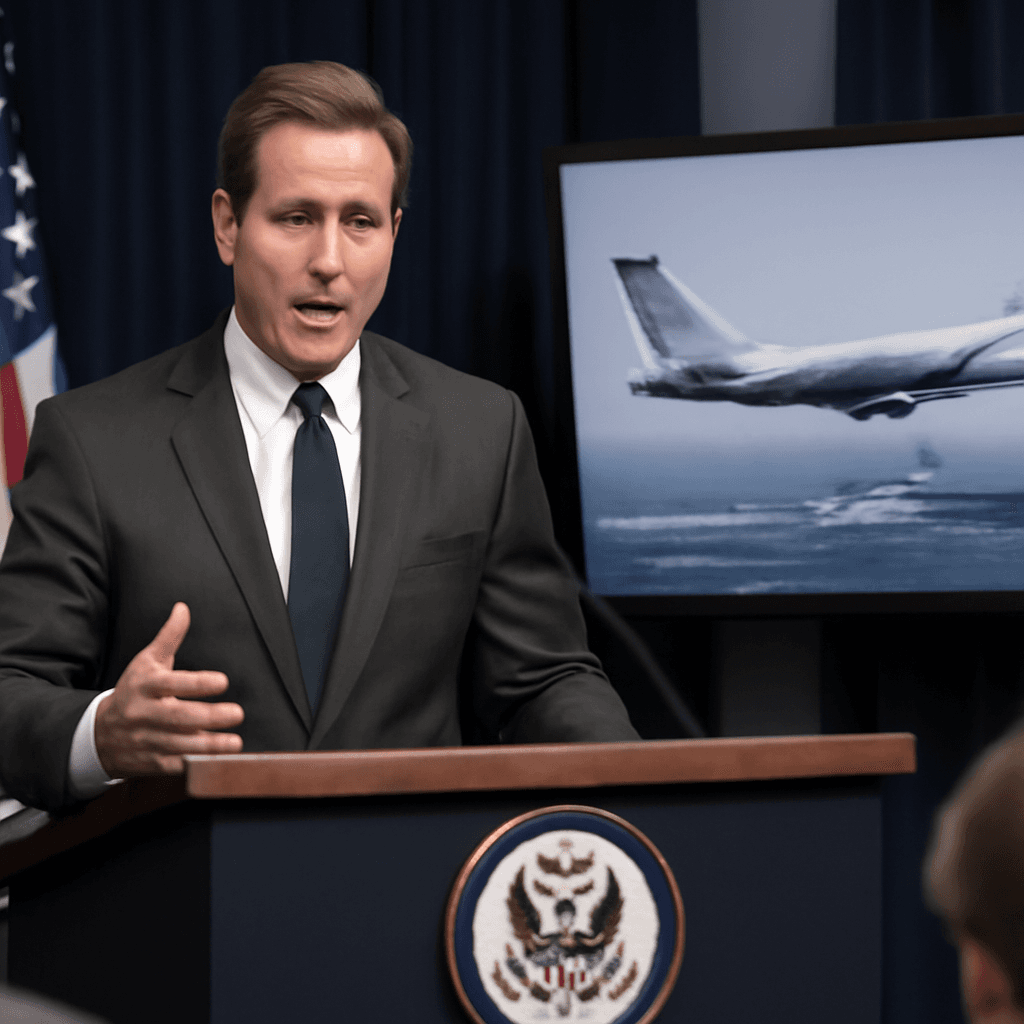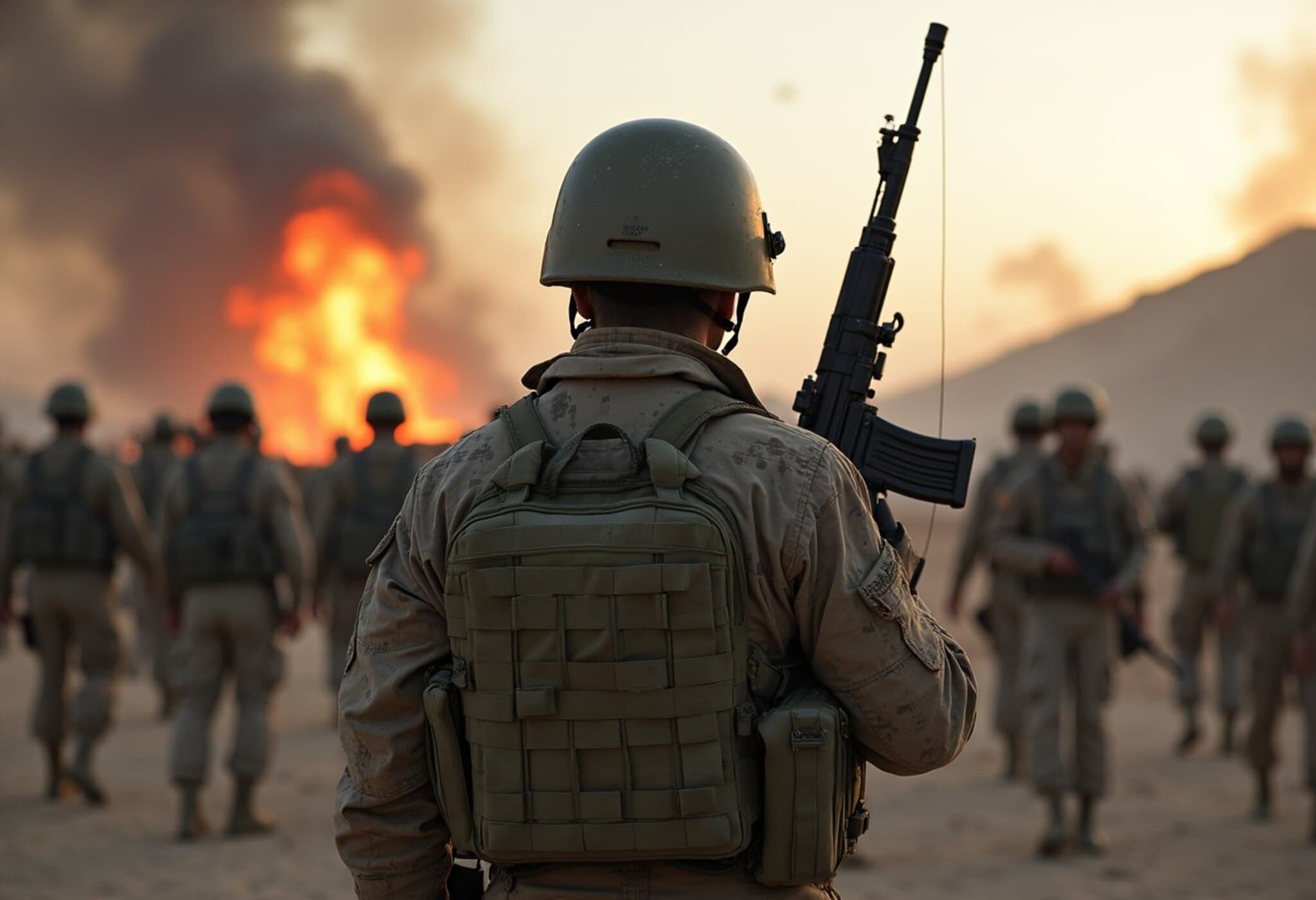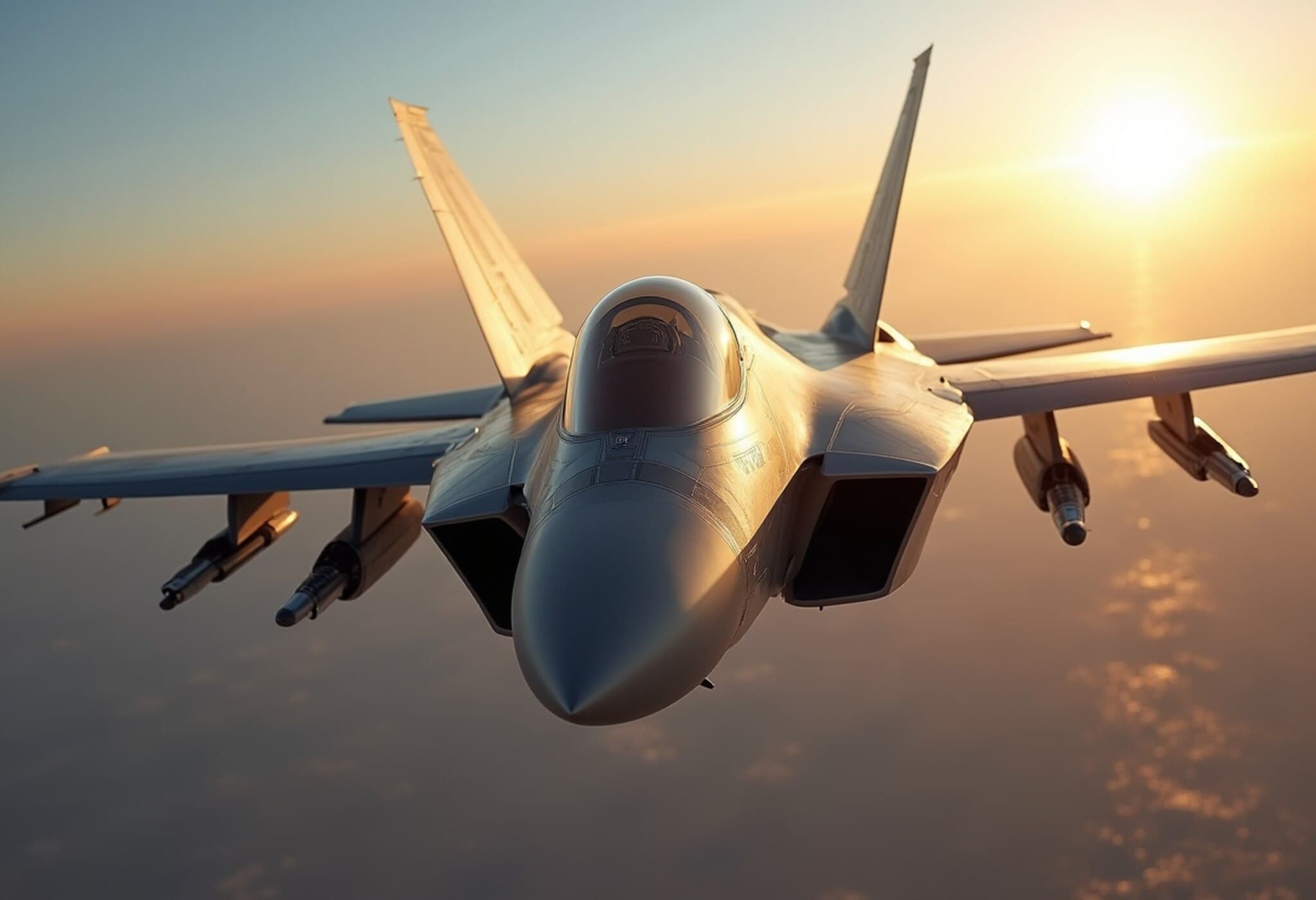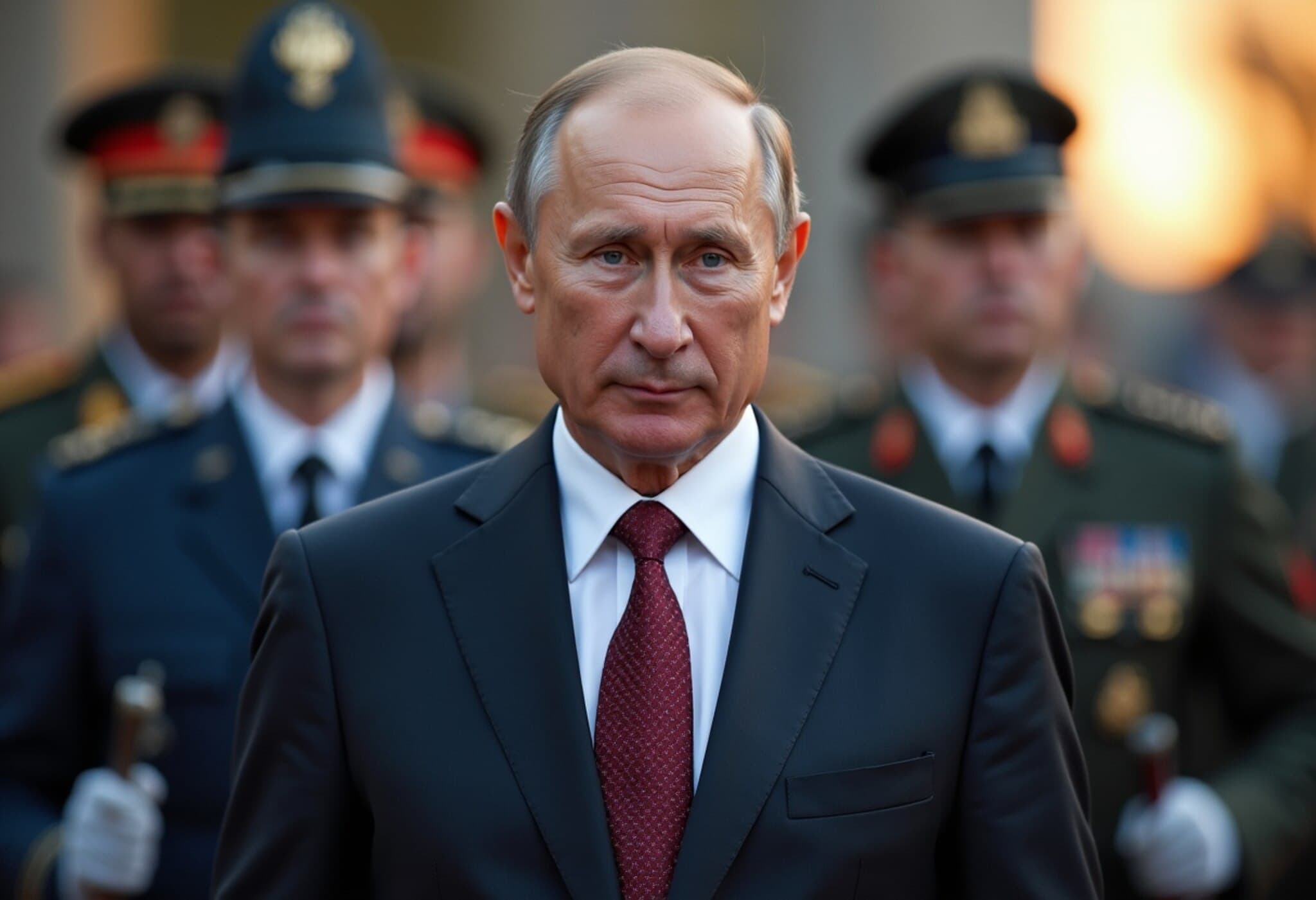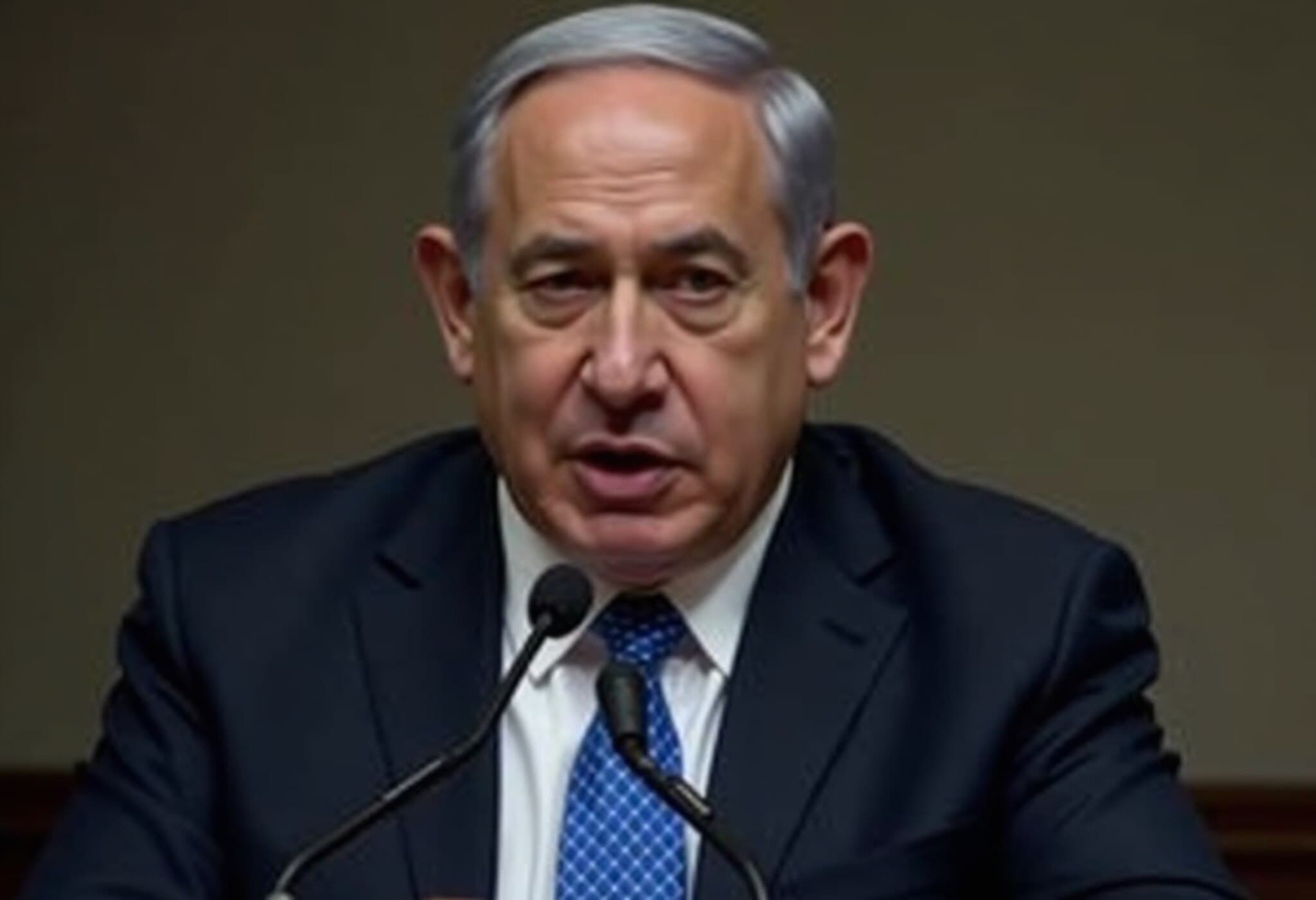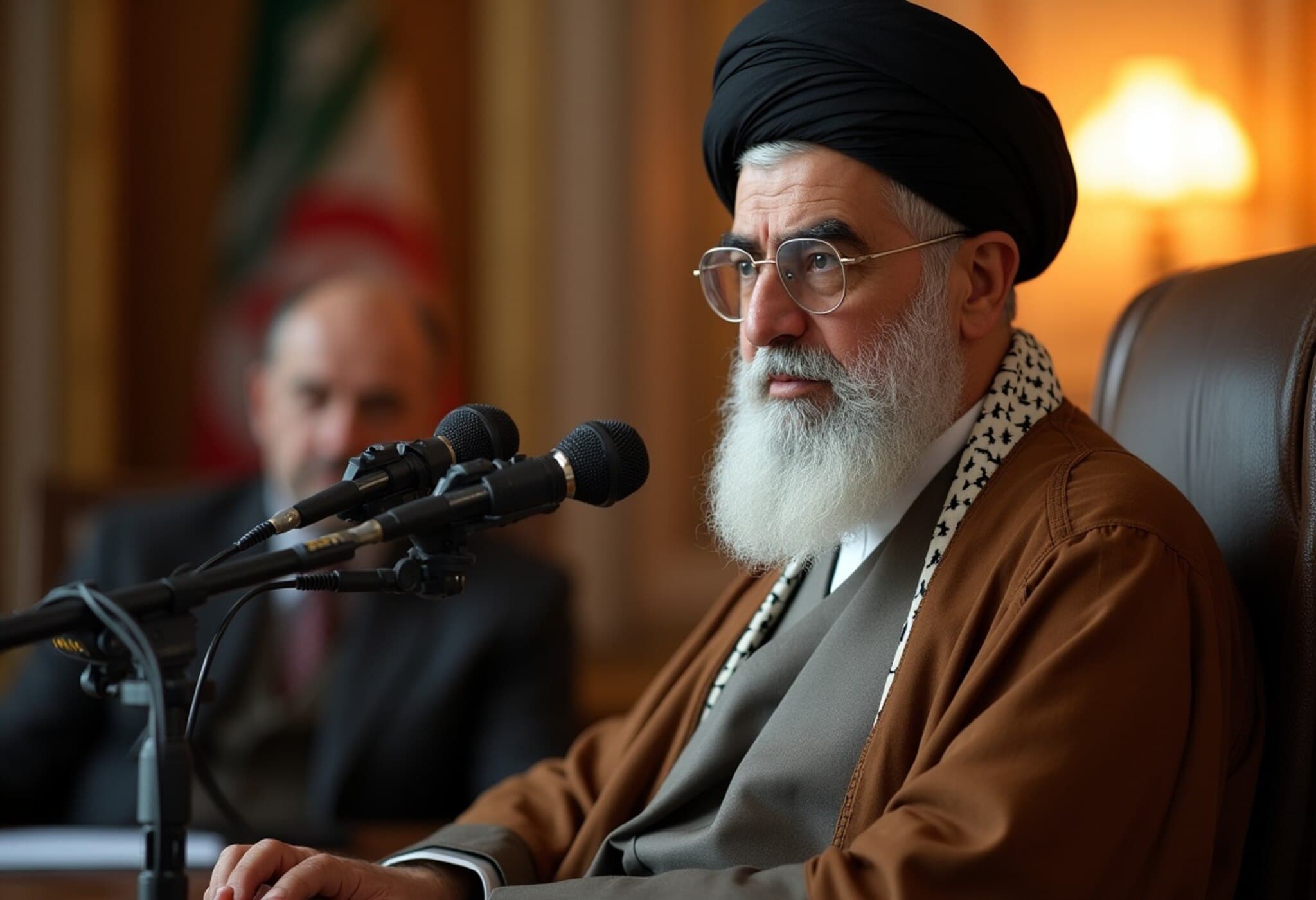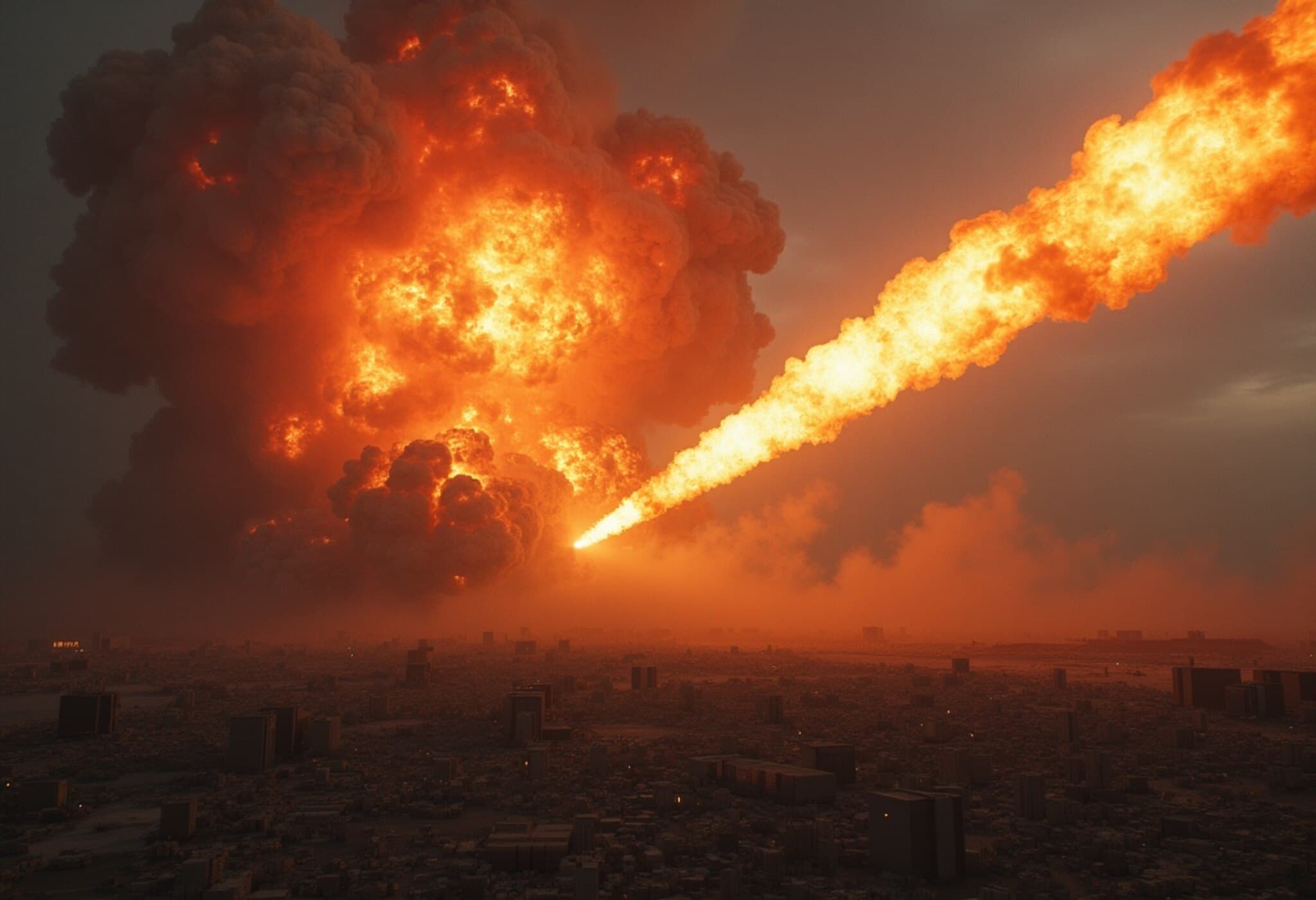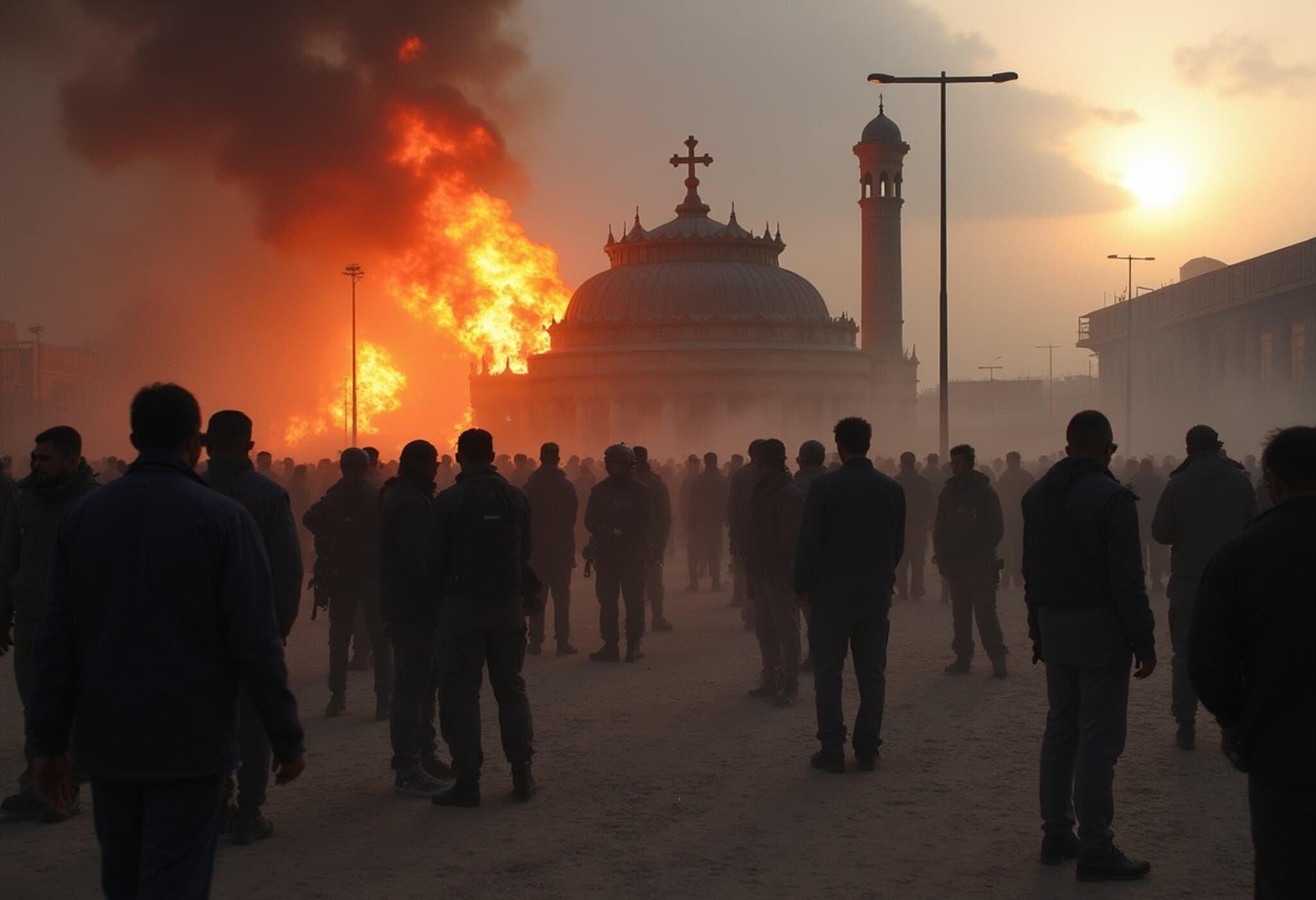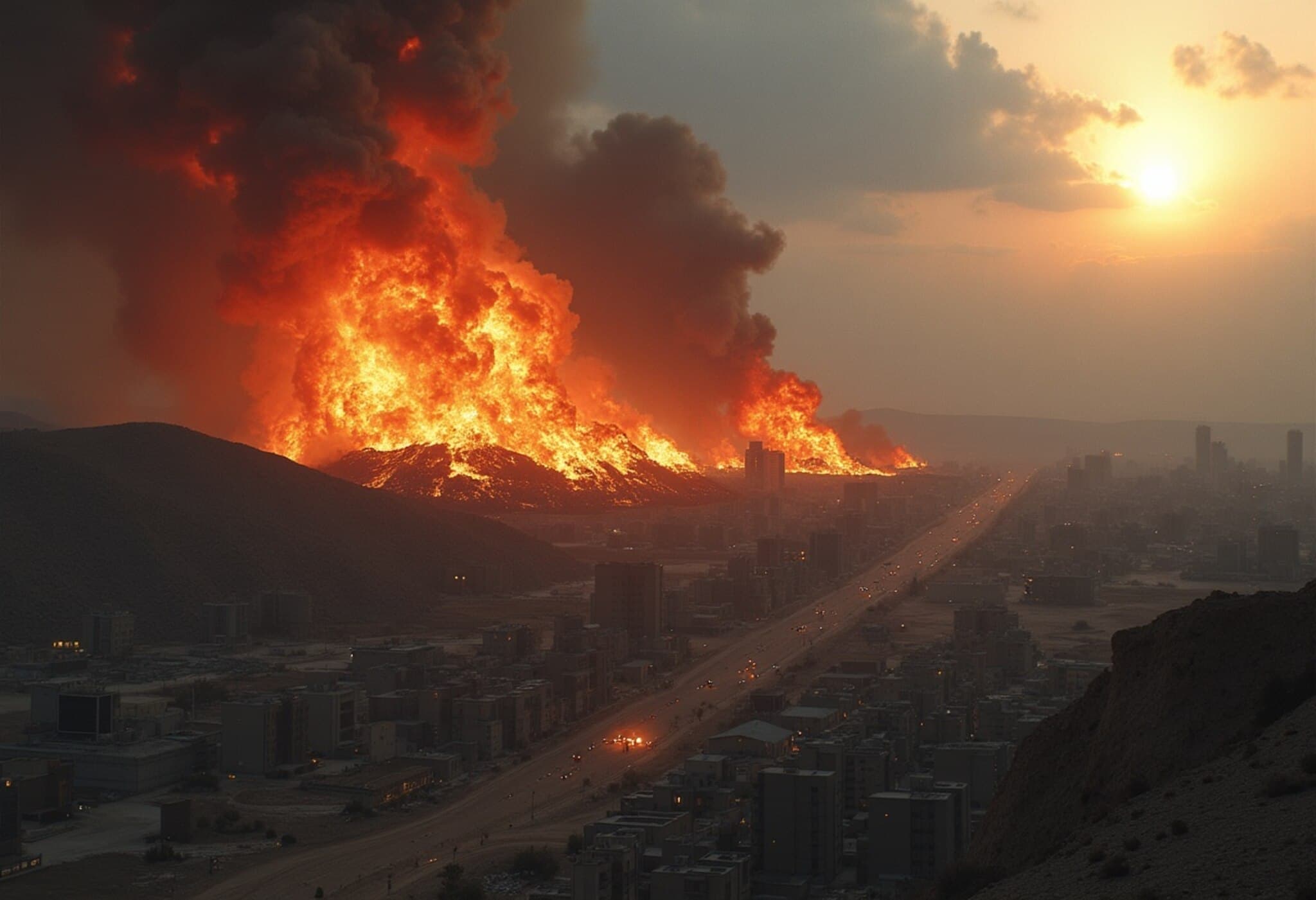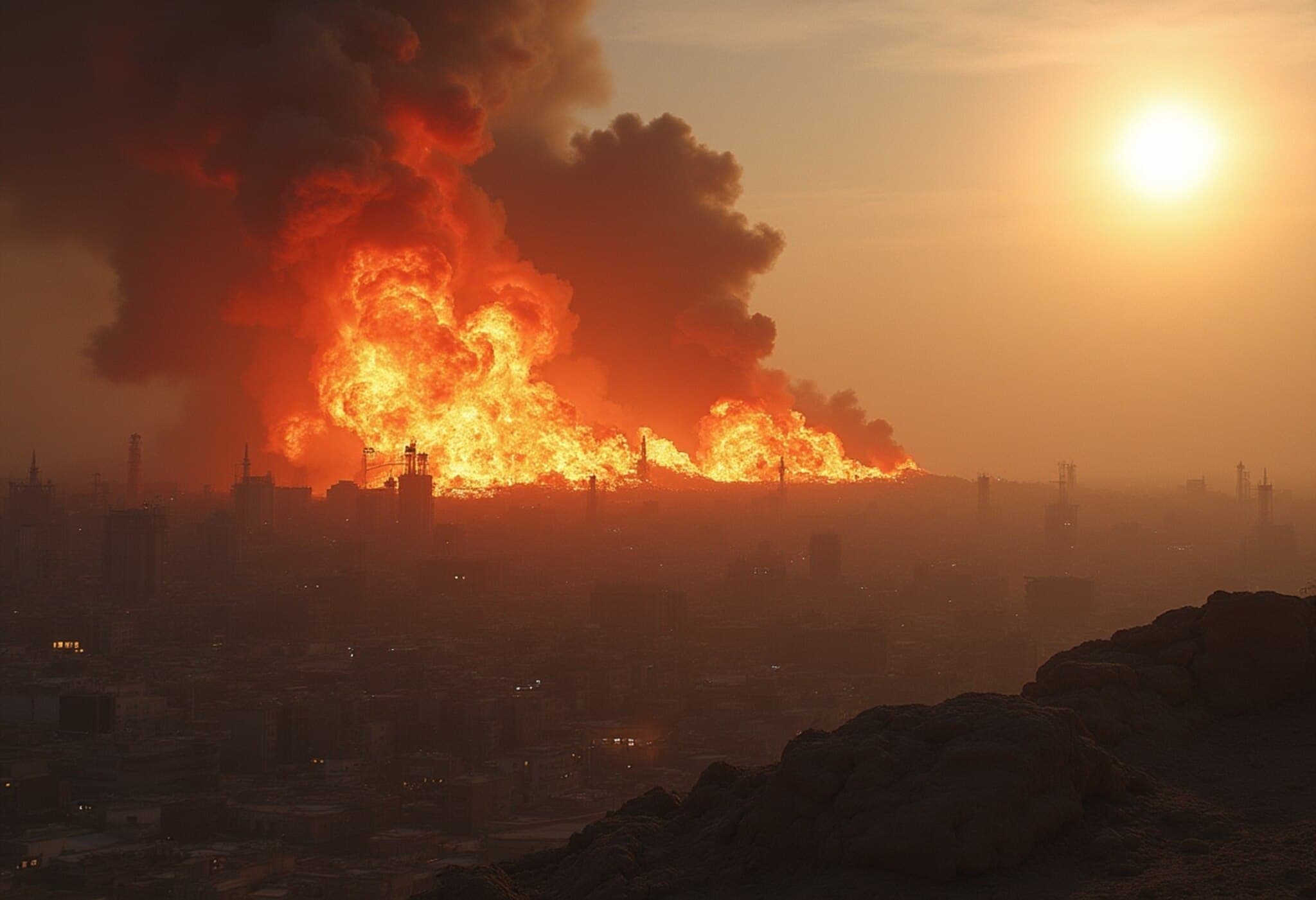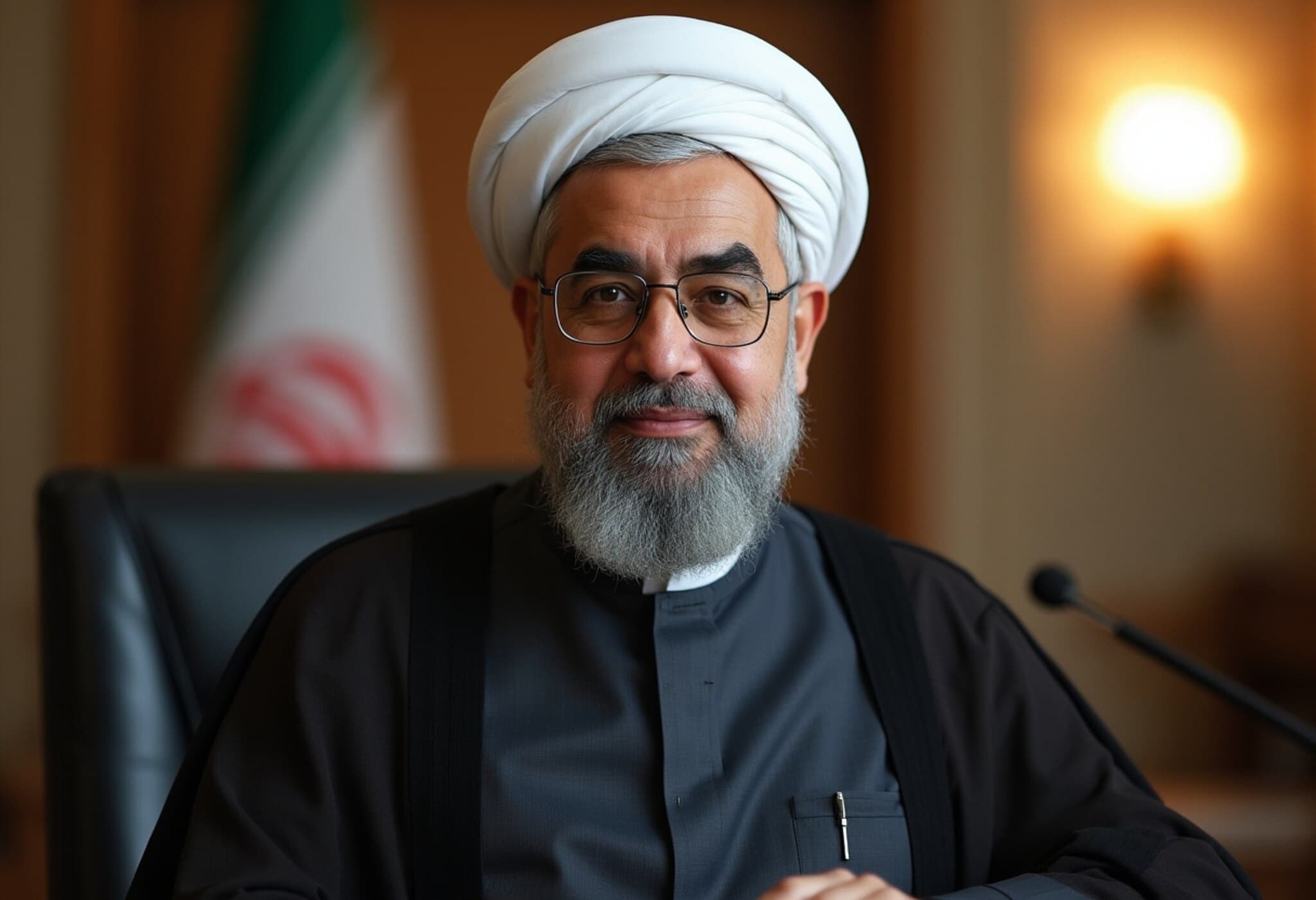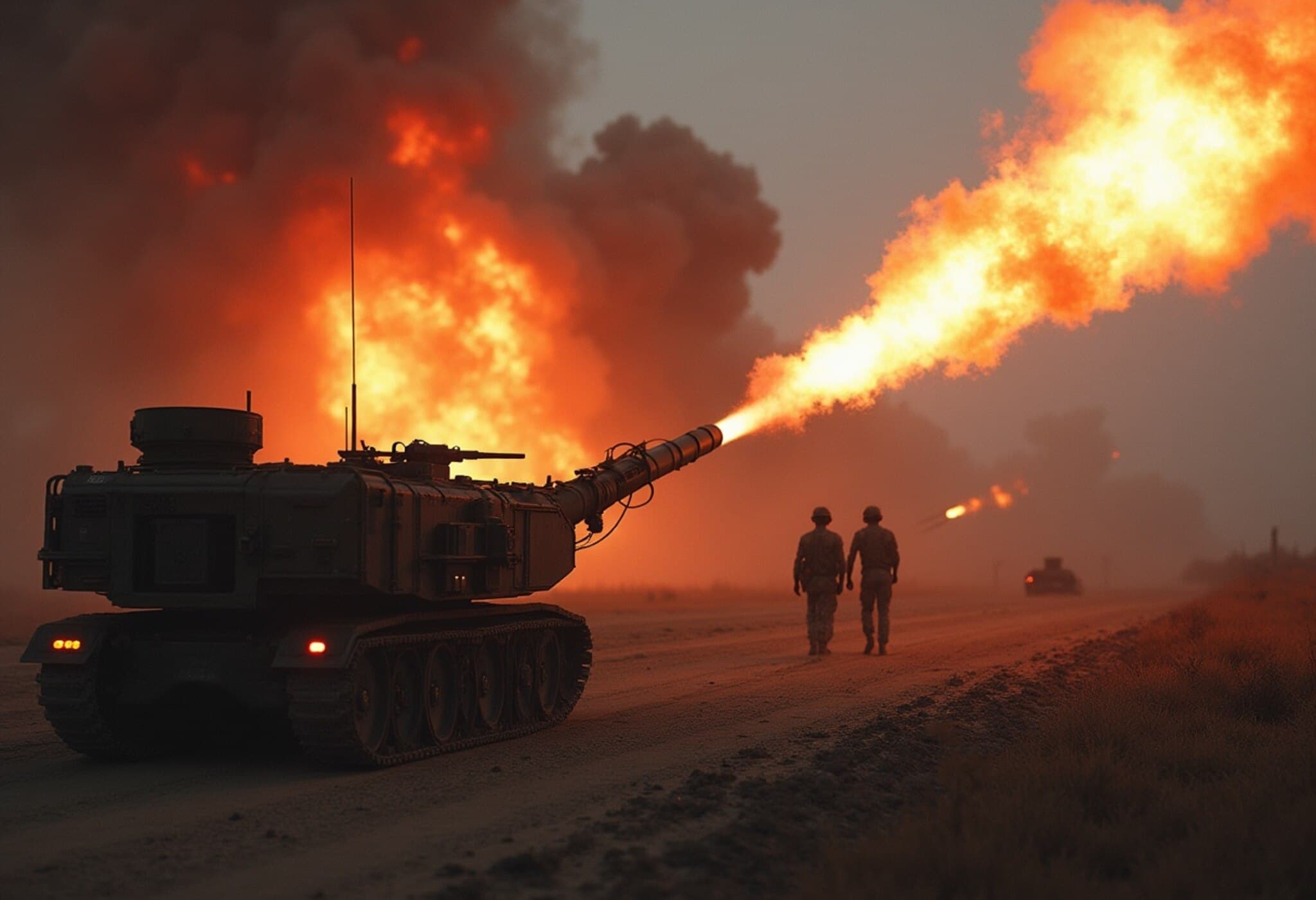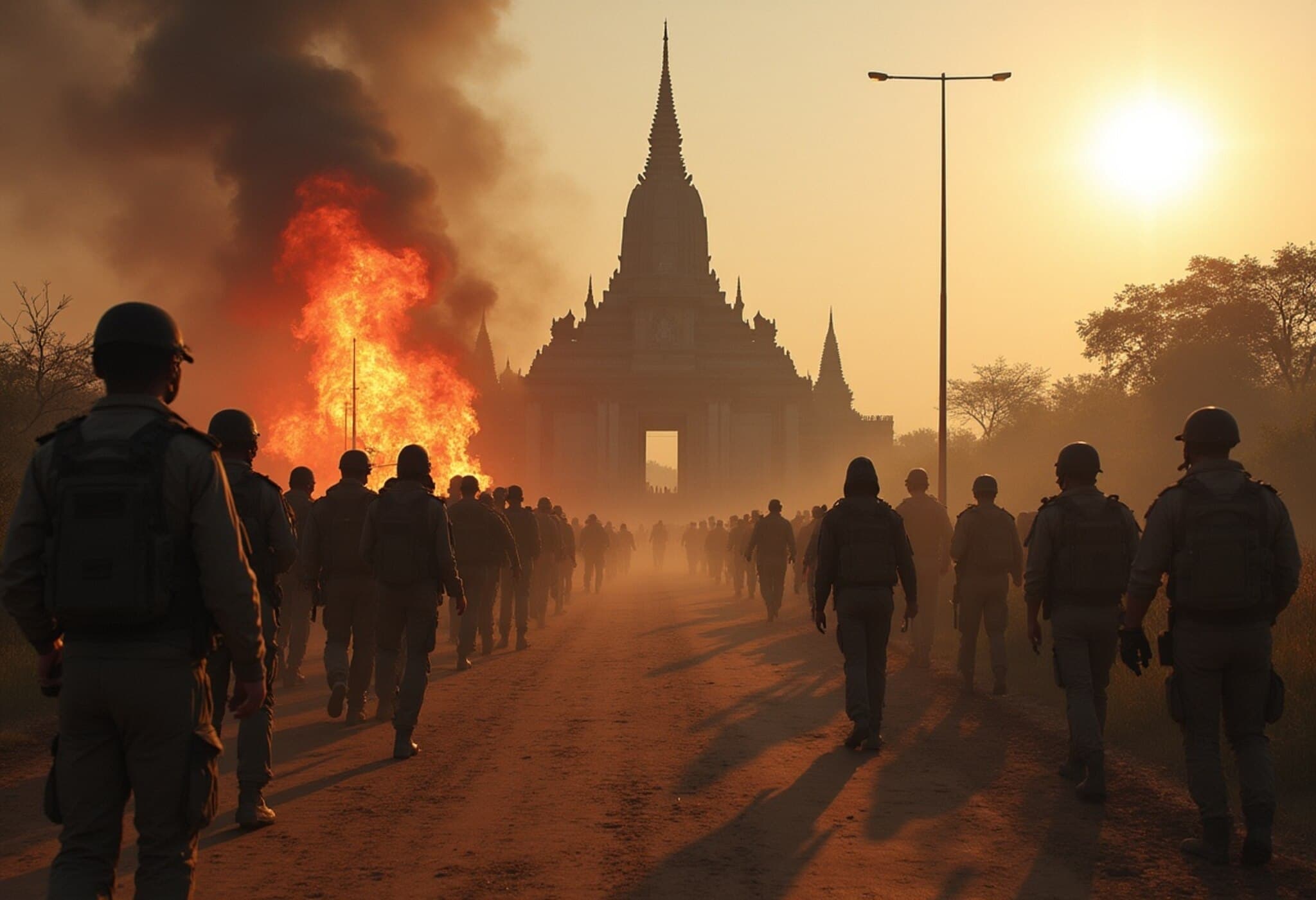Israel Overhauls Intelligence Training with New Language and Cultural Education Mandate
In a groundbreaking move to fortify national security, Israel is instituting sweeping reforms in its military intelligence training. Prompted by the tragic intelligence failures that preceded the October 7, 2023 Hamas attacks, the Israel Defense Forces (IDF) have made Arabic language proficiency and Islamic cultural studies compulsory for all of its intelligence personnel—extending even to technical and cyber units.
Context Behind the Reforms
Major General Shlomi Binder, head of the IDF's intelligence directorate known as Aman, is spearheading this cultural and linguistic transformation. Historically, intelligence operations often prioritized technical expertise over regional cultural literacy. However, the recent attacks exposed critical blind spots in understanding adversarial communications and cultural nuances, prompting a fundamental shift in training philosophy.
“Until now, we haven’t been good enough in the areas of culture, language, and Islam,” a senior Aman official acknowledged. This candid admission underscores the urgency and depth of change underway.
Key Components of the Training Overhaul
- Arabic Language Instruction: All intelligence soldiers will receive Arabic training, with an ambitious target that half of the personnel become conversationally fluent. This marks a significant increase compared to previous years when language skills were often limited to a select few.
- Islamic Cultural Studies: Comprehensive coursework on Islamic traditions, social structures, and regional religious practices will ensure that intelligence officers gain nuanced cultural insight — a critical element in decoding behavior and motivations.
- Dialectical Focus: Specialized modules will cover regional Arabic dialects, including variants spoken in Iraq and by Yemen’s Houthi groups. Such tailored instruction aims to resolve difficulties caused by local speech patterns and customs, which have historically complicated intelligence interpretations.
- Reopening TELEM: The revival of the TELEM department within Aman will restore an educational initiative focused on Arabic language and Middle Eastern studies, following its closure six years ago due to budget constraints. This renewed institutional support is pivotal to sustaining the reforms long-term.
Challenges Highlighted: The Houthi Case
One underreported hurdle has been deciphering communications involving Yemen’s Houthi rebels. The use of qat—a locally chewed mild narcotic—affects speech clarity, complicating intelligence efforts. An example cited revealed that an Israeli strike failed when a target was attending a qat-chewing gathering, underscoring the need for deep linguistic and cultural understanding beyond mere technical surveillance.
Why These Reforms Matter for Israel’s Security Landscape
This initiative signifies a rare acknowledgment in military intelligence that technology alone cannot substitute for cultural competence. Given Israel’s complex geopolitical environment, fluency in Arabic and insight into Islamic cultural practices equip analysts to better anticipate and contextualize threats.
Moreover, integrating such training across all branches—including cyber and technological units—reflects the evolving nature of intelligence work, where cultural context can be as critical as data interception.
Expert Perspective: Bridging the Cultural Divide
Experts in Middle Eastern affairs often stress that language learning is not merely about vocabulary but about fostering empathy and critical skepticism. The Israeli army radio’s Doron Kadosh describes this shift as a “fundamental cultural change within Israeli intelligence.” It aims to encourage doubt and deep observation—key cognitive tools that prevent assumptions and oversights.
For the United States and other allies, this approach offers a valuable model for intelligence reform in multicultural conflict zones. As global threats continue to evolve, embedding cultural intelligence alongside technological sophistication could redefine effective intelligence practices.
Looking Ahead
Aman’s goal is to have every intelligence operative trained in Islamic studies by the end of 2025, with Arabic language training reaching at least 50% of staff. With these reforms, Israel hopes to close the gaps exposed in 2023 and build a more resilient intelligence apparatus prepared for tomorrow’s challenges.
Editor’s Note
The Israeli military’s bold commitment to embedding cultural expertise within its intelligence services highlights a critical evolution in modern defense strategy. While language training alone cannot prevent future attacks, it represents a vital step toward holistic, informed threat assessment in a region fraught with complex identities and shifting alliances. Observers should watch closely how these reforms influence operational outcomes and whether similar cultural intelligence frameworks gain traction globally.


